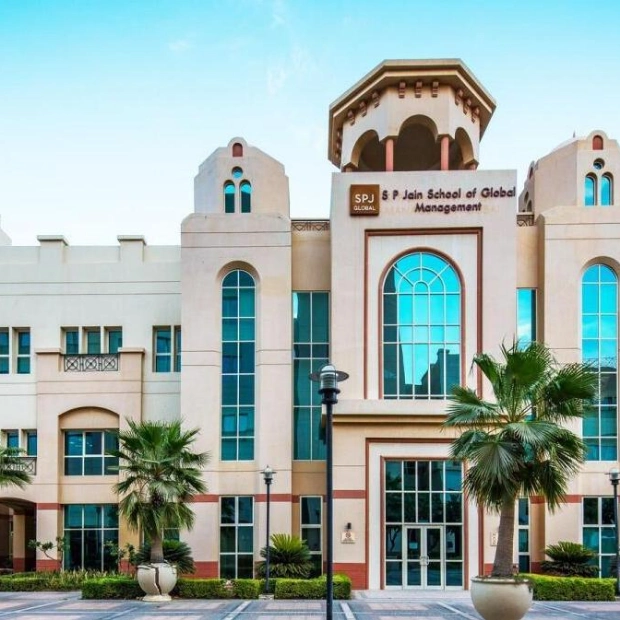Khaleej Times has introduced a fresh initiative aimed at providing readers with in-depth expert analysis on the implications of VAT and Corporate Tax on the UAE's business landscape. Here's another expert perspective:
We operate in a designated free zone within Dubai, specializing in the trade of electronics and electrical devices. Occasionally, we procure products from sellers based in the UAE mainland and subsequently export them overseas. Some of these sellers maintain warehouses in the same designated zone, from where goods are directly shipped to our international clients, while others store the goods in the mainland after clearing customs. We seek guidance on how to handle VAT in each of these situations.
Assuming both suppliers and our entity are registered with the FTA under VAT regulations, as per Cabinet Decision No. 91 of 2023, the local supply of electronics and electrical devices is subject to the reverse charge mechanism (RCM). Consequently, when goods are supplied from the mainland, the supplier will inquire whether the goods are for consumption or resale. If the entity declares the goods for resale or for use in a manufacturing process, the supplier will not charge VAT on the invoice, and the entity will record the VAT liability under RCM.
Under VAT rules, designated zones are regarded as outside the UAE. Therefore, when a supplier sells goods located in designated zones at the time of sale, this transaction is considered out of scope for VAT, and thus, no VAT is required to be charged by the supplier. In both scenarios, the buyer in the designated zone can export the goods to overseas customers by issuing a tax invoice without effectively charging VAT, as the goods are subsequently located in the designated zone for export.
Our query pertains to corporate tax. We are a company situated in a designated zone in Sharjah. We operate terminals where customers deliver goods (oil products) for storage based on contractual agreements. We act merely as custodians of these goods, releasing them upon customer request. We seek your opinion on how our company should be treated for UAE corporate tax purposes.
Assuming the entity qualifies as a Free Zone Person (QFZP) and the terminals are located within the free zone, it appears the entity is engaged in logistics or warehousing services. Such activities qualify as defined under Article 2(3)(m) of Ministerial Decision No. 265 of 2023. Consequently, the QFZP can opt for a zero percent tax regime under corporate tax if it meets other requirements. The entity must ensure that the terminals are not leased, and its contracts with counterparties do not imply that the terminal itself is leased. Leases or rental income from commercial properties may have different tax treatments. Rental income from commercial properties located in the free zone, received from a free zone person, qualifies, but if the customer is not a free zone person, the rental income will be non-qualifying. It is also essential to consider licensing activities and VAT treatment followed by the entity to correctly classify the services. The entity must ensure that both its actual activities and documents with customers reflect and demonstrate logistics/warehousing activities.
About the expert: Atik Munshi is a thinker, leader, and author of several books, having served as a board member in some reputable UAE companies. With over 30 years of experience in various senior roles, he currently serves as the managing partner for FinExpertiza UAE, a global top 30 accounting network.
Contact Us: For those with tax-related queries or seeking to stay informed about how new laws and changes might affect them, Khaleej Times is here to assist. Questions can be sent to taxquery@khaleejtimes.com or inquiries can be made by calling +971-4-3384545.
Source link: https://www.khaleejtimes.com






